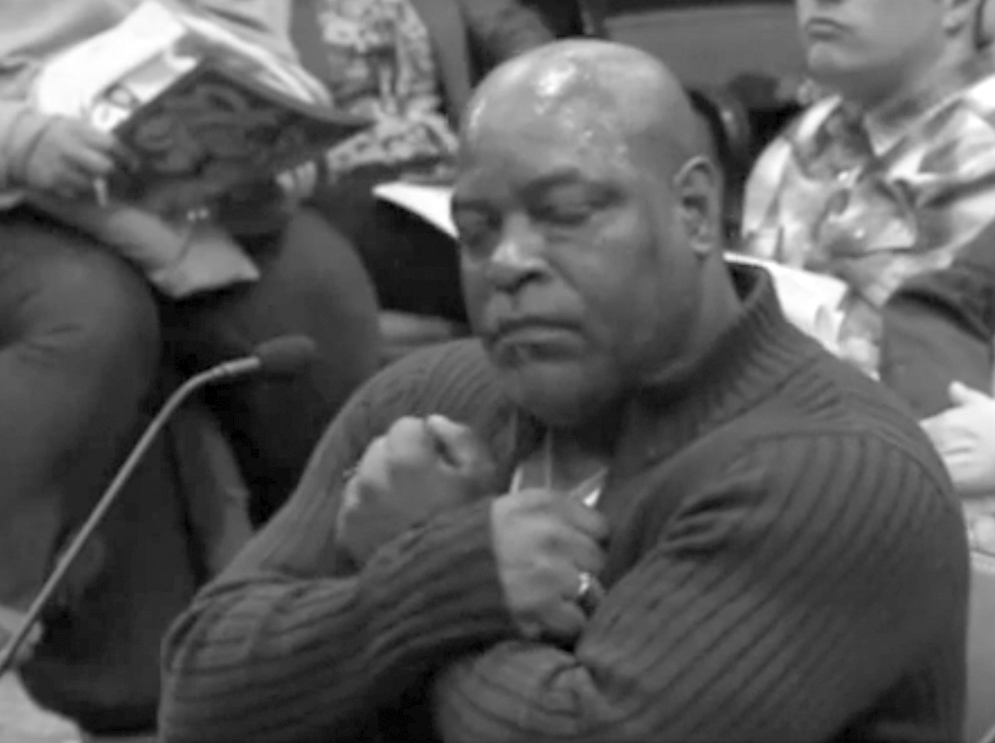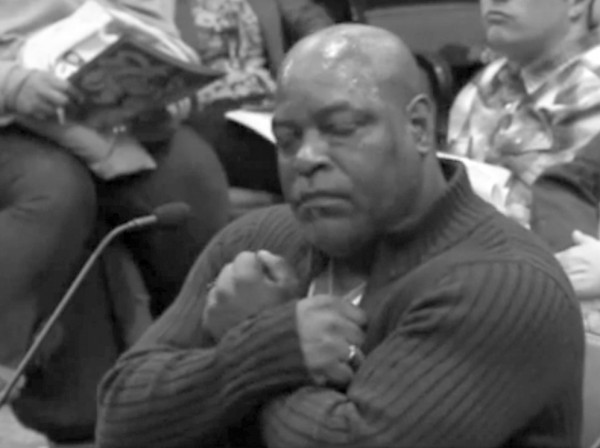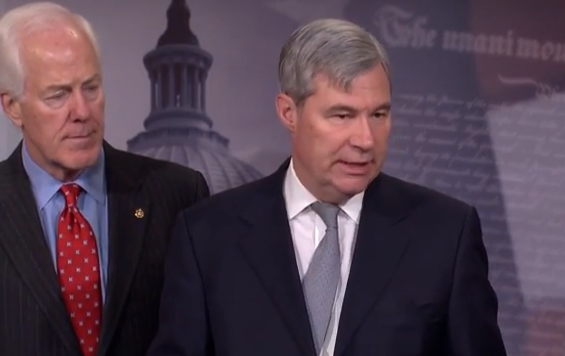
How many Rhode Island inmates are put in solitary confinement? Why are they there? How long do they stay? “And what do they actually look like,” asked Providence Rep. Aaron Regunberg, chair of a new state commission that will answer these and other important questions about the use of solitary confinement at the ACI.
The new commission met for the first time Thursday, and hopes to answer some of those questions at its next meeting on October 20. From there, the commission plans to take a hard look at psychological effects on inmates, public safety effects on society and fiscal impacts on the state budget.
“Is there room for improvement in how we do things, and if so where” asked Regunberg, “Again I want to stress that as a body we’re not starting out with assumptions. We might find out that everything is as reasonably good as it can be … we might find out there are particular rooms for improvement. We’re going to figure that out as we move forward.”
There seemed to be broad agreement on the commission – comprised of prison and prison guard officials, mental health experts and criminal justice advocates and three legislators – that so-called solitary confinement was something worth studying.
“It goes by a number of different names,” said ACI Director AT Wall, a member of the new commission. “We tend to call it restrictive housing. Restrictive housing has emerged as an issue across the country, an issue in inmate management and it’s one that we think we have to take a look at and we are here in a spirit of collaboration to do just that.”
Even Richard Ferruccio, president of the Rhode Island Brotherhood of Corrections Officers, which expressed strong reservations about reforming solitary confinement practices at legislative hearings last year, was hopeful the commission would prove productive.
“I’m looking forward to seeing what we can do to improve our system,” he said. “I think we already have one the better run systems in the country but if we have an opportunity for improvement or ideas, that’s something we’re always looking forward to.”
Mental health advocates said there are “necessary changes” needed in how the ACI uses solitary confinement.
“I’m very happy that all of these people have convened to make these necessary changes,” said Meg Clingham, director of state Office of Mental Health Advocate. “Many of my clients that are criminally involved and at the ACI find themselves in segregation because they are unable to comport their behavior due to their mental illness so I think it’s really great that we are looking for solutions to this problem.”
This was the first of at least six meetings before the commission offers possible recommendations.
The commission’s mandate from the legislature (H8206) includes a preference for administrative rather than legislative reforms. “There are important stakeholders who have expressed a strong preference for administrative over legislative reform,” according to a power point presentation shown at the commission’s first meeting. “As such, if the commission determines there is room for improvement, our first goal is to identify a set of recommendations that can be implemented administratively.”


 Following President Obama’s executive order limiting solitary confinement in the federal prison system, this disciplinary method has begun receiving greater scrutiny across our country. In the past few months I have heard a range of voices – nationally and locally, from mental health professionals to formerly incarcerated Rhode Islanders – speak out about this practice. As someone who spent over three decades working at the Rhode Island Department of Corrections, I would like to add my perspective.
Following President Obama’s executive order limiting solitary confinement in the federal prison system, this disciplinary method has begun receiving greater scrutiny across our country. In the past few months I have heard a range of voices – nationally and locally, from mental health professionals to formerly incarcerated Rhode Islanders – speak out about this practice. As someone who spent over three decades working at the Rhode Island Department of Corrections, I would like to add my perspective.